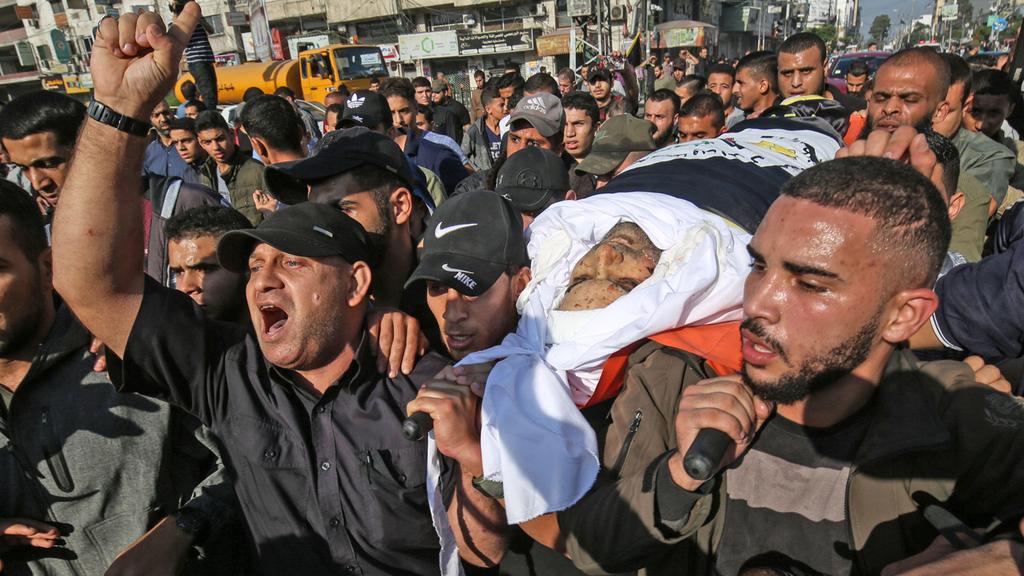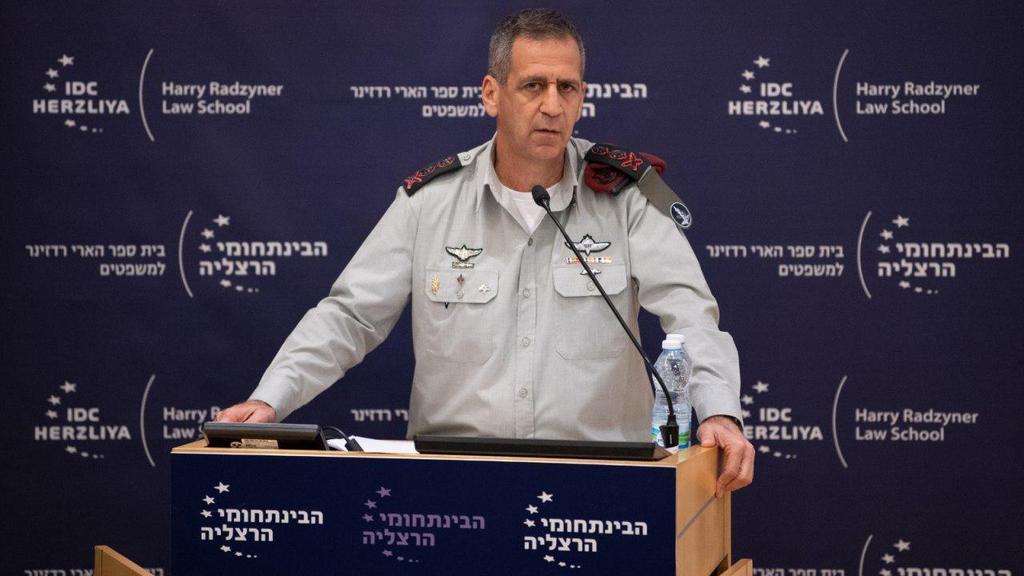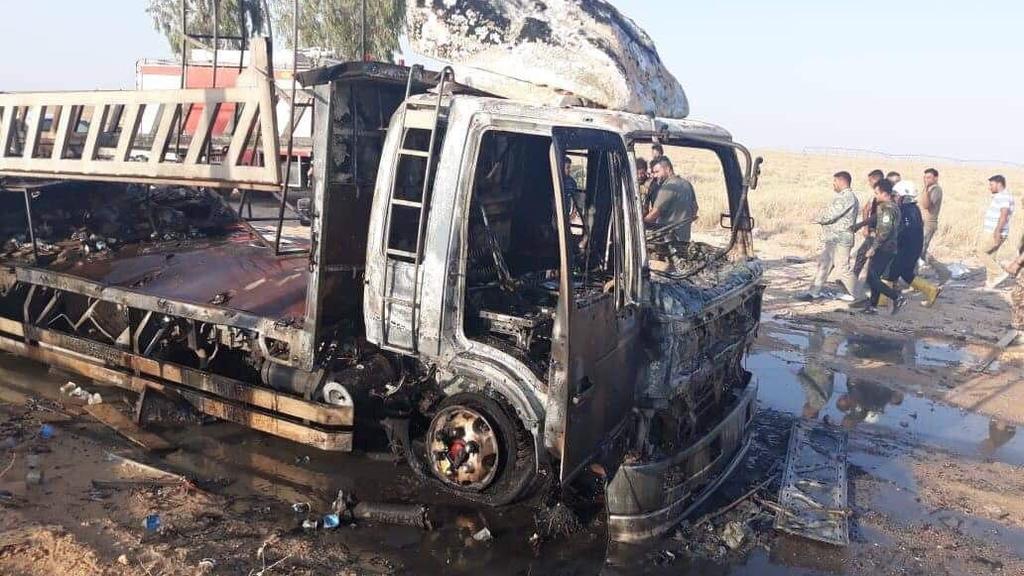Getting your Trinity Audio player ready...
The single rocket fired from Gaza at Ashkelon while Prime Minister Benjamin Netanyahu was addressing a Likud crowd in town Wednesday was meant to embarrass the leader.
This was the second time Netanyahu was driven off the stage by rocket fire while in the south, the first time was just before the September general election.
But the attack on the southern city was also meant to send a message: Not all factions in the Gaza strip accept the agreement being forged between Israel and Hamas for a long-term cessation of violence.
Still, soon after IDF's retaliatory attacks on Hamas targets – negotiation talks will continue, in accordance with both sides' expressed desire to ensure a period of calm on the Israel-Gaza border.
"It is a part of the government's policy and I agree with it," IDF Chief of Staff Aviv Kochavi said on Wednesday. "This is an opportune moment to advance an understanding with Hamas."
Kochavi was referring to Israel's recent assassination of Islamic Jihad's commander Baha Abu al-Ata, and the resulting pounding of the rejectionist terror group took from Israeli forces last month.
Speaking at the Inter-Disciplinary Center outside Tel Aviv, the military chief laid out his perception of the challenges facing Israel from Iran and its proxies, concentrating on the northern frontier.
"The range and precision of missiles have improved," Kochavi said. "Iran-backed Hezbollah is trying to procure precision missiles in Lebanon and we are investing efforts in blocking them. We are operating overtly and under the radar," Kochavi said and warned that the actions by the IDF increase the risk of an all-out war.
In his speech, the military chief spoke of the need for the Israeli public to understand that the next war with Lebanon will not be short, and there's a high likelihood for civilian casualties, "people's resilience will be needed and the IDF will be relying on it," Kochavi said.
The dilemma standing before him is how to talk about the possibility of 1,500 rockets per day, fired at Israel, without bolstering the enemy's resolve and weakening that of civilians.
But the appropriate preparations must be made since Israelis have become accustomed to a relatively small number of rockets fired at them from Gaza, with the Iron Dome missile defense system able to intercept a vast majority of them.
"In the next war, we will attack the urban areas in Lebanon," Kochavi said. "We will warn civilians of imminent strikes and then we will attack, hitting oil infrastructure, the electric grid and roads of the country that hosts and encourages terrorists within it."
The chief of staff also publicly addressed the IDF operations in Iraq for the first time. "Advanced weapons systems are moving freely through Iraq and we cannot let this go unanswered," he said.
As for Iran, Kochavi said the long-range missile production continues and though a direct confrontation with the IDF is unlikely, the international community is failing to react to the Islamic Republic's advances towards nuclear weapons.
The United States is also remiss in their response to the Iranian aggression which according to the chief of staff "had increased first and foremost in regard to the Gulf states," and a lack of U.S. response is harmful and undermines any deterrence Iran might have felt before this year.





